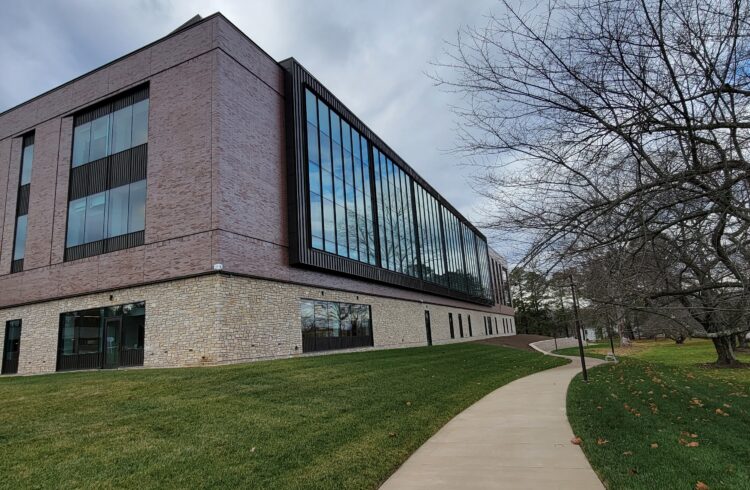
A new app being developed by experts at UVA Health, Harvard, Northeastern and other leading institutions can identify when people are suffering heart attacks or strokes and should seek medical care, a study has found.
A potentially lifesaving new smartphone app can help people determine if they are suffering heart attacks or strokes and should seek medical attention, a clinical study suggests.
The ECHAS app (Emergency Call for Heart Attack and Stroke) is being developed by experts at UVA Health, Harvard, Northeastern and other leading institutions. It is designed to help people recognize the signs of cardiac and neurological emergencies so that they get care as quickly as possible, for the best possible outcomes.
Put to the test in an initial clinical study with more than 200 real-life emergency-room patients, the app proved effective at identifying people suffering strokes or heart attacks. It had a “high sensitivity” the researchers report, for detecting people who needed emergency care and was rated “highly usable,” suggesting it could be an easy and effective resource for people untrained to recognize the signs of a potentially devastating health emergency.
“ Heart attack and stroke are two leading causes of death in Virginia and the U.S. Our study found that the ECHAS app could accurately identify patients with heart attack, stroke and other emergency brain or heart problems who needed evaluation in the emergency room or admission to the hospital,” said UVA Health neurologist Jonathan R. Crowe, MD, MPH, one of the study’s authors. “We hope ECHAS could help save lives by reducing delay and helping patients get the heart attack and stroke care they need.”
Recognizing Heart Attacks and Strokes
When it comes to strokes and heart attacks, time is of the essence. Doctors consider the first 60 minutes after a stroke or heart attack the “golden hour” because that is when medical treatments are the most effective. Waiting can have grave, long-term consequences – more than half of stroke deaths, for example, occur before patients even reach the hospital. And those who do survive can be left with life-changing disabilities. Yet many people hesitate to seek care because they are uncertain if they’re really suffering a medical emergency.
That’s where ECHAS would come in. The app is based on the same questions doctors ask when patients arrive at the emergency room; it also includes a finger-tapping test that can detect weakness on one side of the body. After users complete their virtual exam, the app calculates a risk score and advises whether to call 911, call a medical hotline or contact their doctor or other care provider.
In the app’s initial clinical trial, 202 emergency room patients were asked to use the app after they had been seen and stabilized. Of these patients, 57 were suffering stroke symptoms and 145 were suffering heart attack symptoms. The average age of the participants was 62; most were white and 126 were men.
The app proved 100% effective at identifying patients who would ultimately be admitted to the hospital after their emergency evaluation. The app was also fast, detecting strokes in less than two minutes and heart attacks in only one. “In heart attack and stroke care, time can make the difference between life and death,” said Crowe, who is also part of the University of Virginia School of Medicine’s Department of Public Health Sciences. “We need solutions like ECHAS that are accurate, fast and easy to use.”
The app is not yet available, and the researchers say further testing in larger trials is needed. But they are pleased about the promise their app has displayed in its first test-run.
“At UVA, we have partnered with UVA’s Center for Telehealth to apply for a grant to study ECHAS here in Virginia,” Crowe said. “We want people in Virginia and around the world to be able to use their smartphones and tablets to reduce delay and help them get the care they need, especially in medical emergencies.”
Results Published
The researchers have published their findings in the scientific journal JMIR Formative Research. The team consisted of Amar Dhand, Rama Mangipudi, Anubodh S. Varshney, Crowe, Andria L Ford, Nancy K. Sweitzer, Min Shin, Samuel Tate, Haissam Haddad, Michael E. Kelly, James Muller and Jay S. Shavadia. The study was funded by the app developers, and the app development was funded by seed investors, particularly JanaLee Cherneski and Ian Desai, whose support also made the study possible.
To keep up with the latest medical research news from UVA, subscribe to the Making of Medicine blog.



